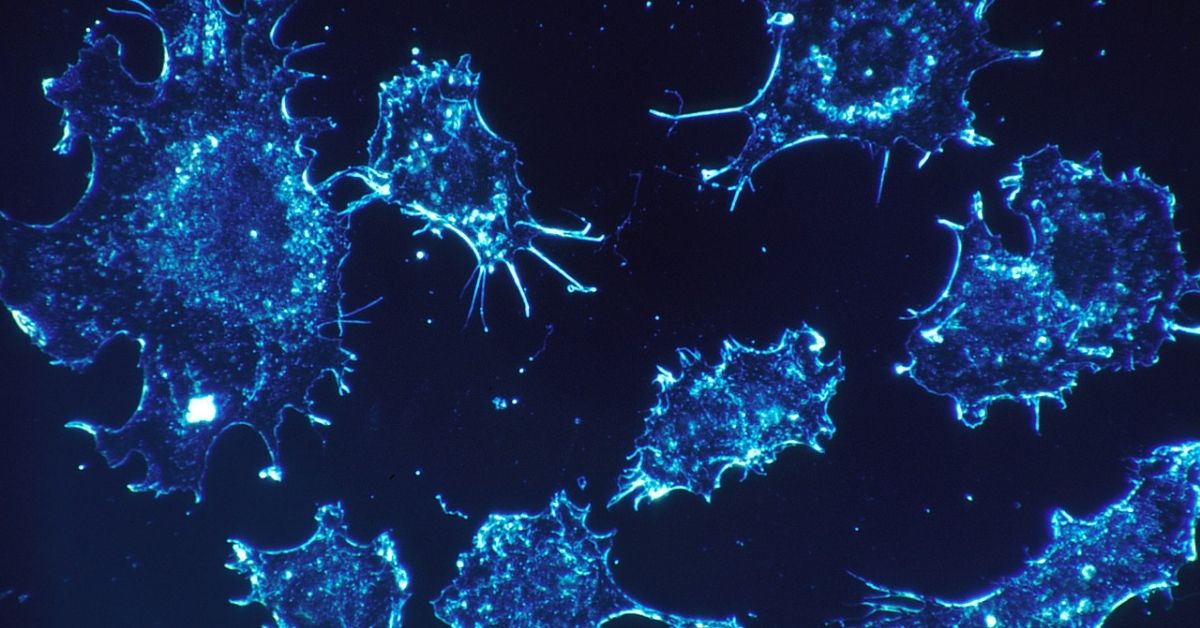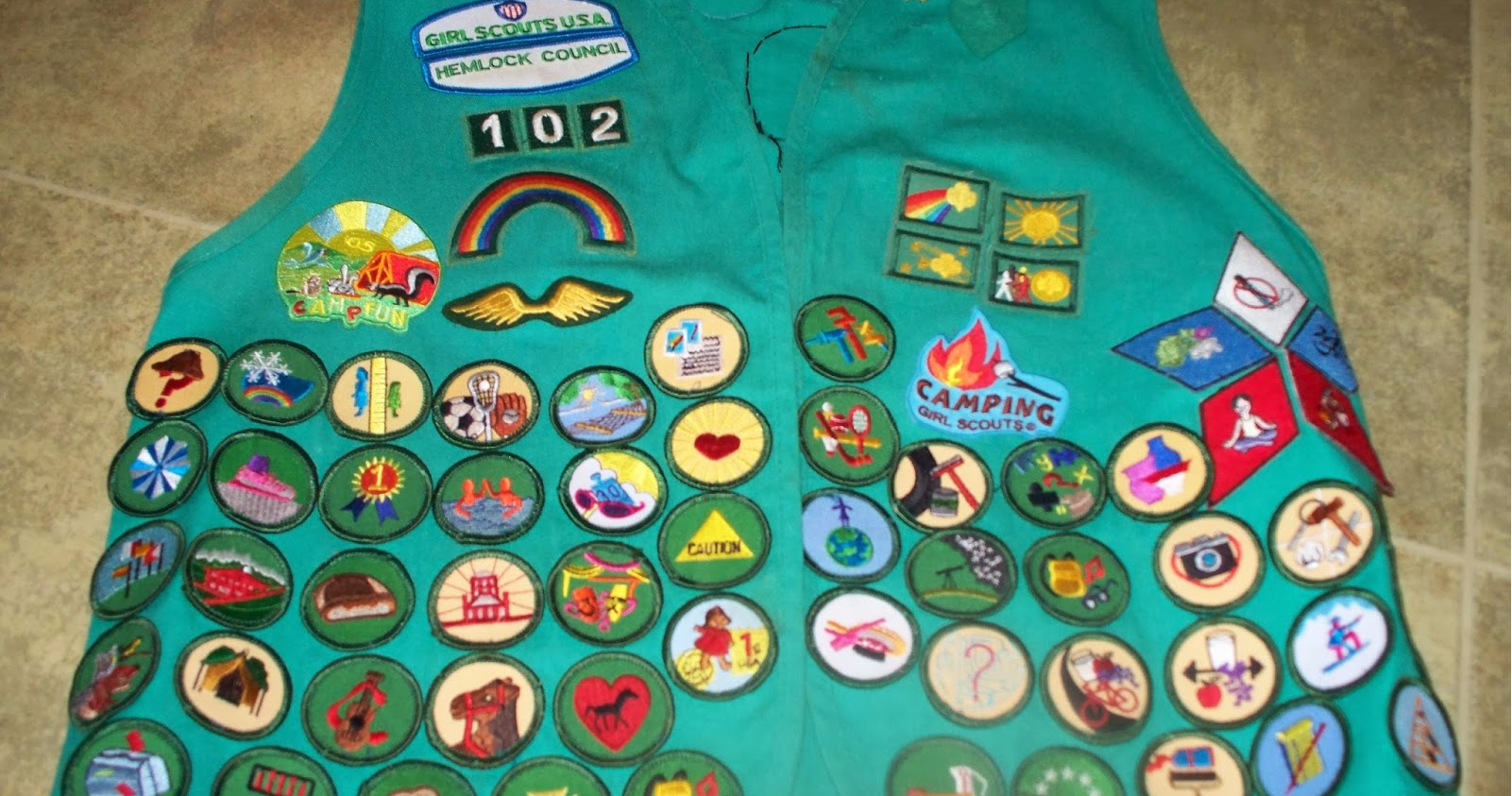The cure for cancer sometimes feel like the space race of the 1950s and 60s. Everyone is looking for a cure and it seems like every day there is a new breakthrough treatment or detection method.
While cancer survival rates are improving for many cancers it is still the second-leading cause of death and over 18 million new cases are diagnosed every year.
There isn't a single person on earth who won't be impacted by cancer in some way, whether it be personally or through the diagnosis of a loved one.

That means that a group of Israeli scientists have news that will affect everyone on earth. They think they've cured cancer.
"We believe we will offer in a year's time a complete cure for cancer," said Dan Aridor of Accelerated Evolution Biotechnologies Ltd, the company behind the new treatment.
"Our cancer cure will be effective from day one, will last a duration of a few weeks and will have no or minimal side-effects at a much lower cost than most other treatments on the market," Aridor said
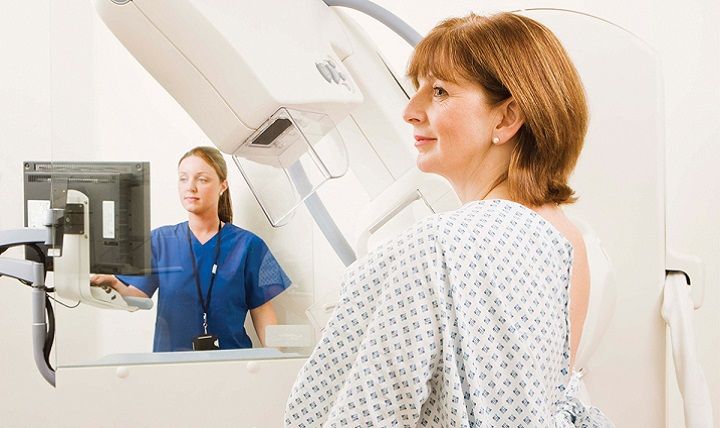
Those are bold words and frankly ones that we've heard before. CEO of the company, Dr. Ilan Morad, calls the treatment multi-target toxin, or MuTaTo. He described it like a anti-biotic for cancer.
The cure involves something called "phage display" technology which is still just being developed. In 2018, a group from the United States and Britain won a Nobel Prize for their work on phage displays.
(Note: the science behind this is very complex but I'll attempt to explain it as best as I understand it.)
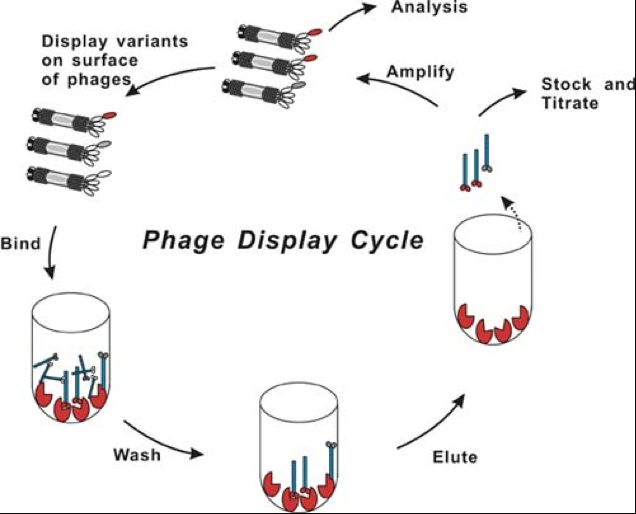
Phage display allows for the identification of certain types of cells. DNA coding can be used to develop targeted treatment of things like proteins, antibodies or peptides (chains of amino acids.)
MuTaTo uses specially coded peptides to target and kill cancer cells.
"We were doing what everyone else was doing, trying to discover individual novel peptides for specific cancers," Dr. Morad said.
But then they cast their eye on something bigger.

Morad says most cancer treatments that fail do so because the cancer mutates, rendering treatment that was once effective, obsolete. MuTaTo casts a wider net, targeting cancer cells of different types, so even cancer can't mutate enough before its recognized and killed.
Many cancer treatments also affect healthy cells, making treatment as dangerous as the disease. The new phage technology, it's hoped, will allow for such specific targeting that healthy cells will be left unharmed, minimizing the side effects.
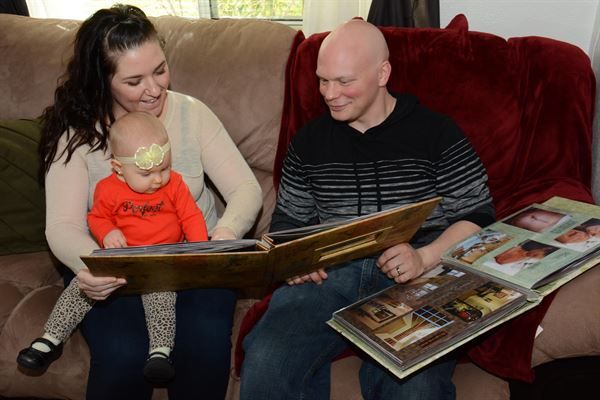
So far the company has successfully treated human cancers in mice and is in the beginning stages of bringing their treatment to human trials.
"Our results are consistent and repeatable," said Aridor.
[H/T: Jerusalem Post]
It will be years before the treatment, if successful, is available, but it's a reason to hope.
